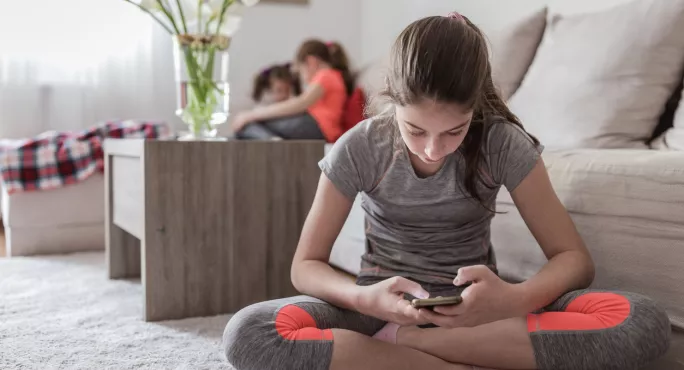- Home
- Covid SEND change had ‘potentially severe’ pupil impact
Covid SEND change had ‘potentially severe’ pupil impact

The government’s decision to downgrade the educational support legally required for pupils with SEND during the pandemic may have had potentially severe consequences on a high number of pupils, according to a report out today.
Compiled by the Education Policy Institute, the report looks into the government response to the coronavirus school closures across the four nations of the UK.
It explains that in response to the pandemic, England, Scotland and Wales made amendments to the duty that local authorities or health commissioning bodies have regarding the provision of educational support to pupils with SEND.
Related: SEND review delayed until next year due to coronavirus
Back to school: Let us decide when pupils with SEND return, say parents
Researchers: ‘SEND children and families need more help’
These duties include providing a needs assessment or plan for children with suspected SEND or additional support needs and to securing special educational and health care provision in accordance with a plan, the report explains.
The report explains: “Governments in England, Scotland and Northern Ireland made changes which in practice meant that in circumstances where a failure of relevant bodies to carry out such duties or to do so within the usual time frame was attributable to the pandemic, it would not be considered a failure.
“The Welsh Government did not modify these duties.
“It is unclear how the different approaches to modifying these duties has impacted the actual actions of relevant bodies, but the consequences for access to provision are potentially severe for a high number of children.”
In England, local authorities and health commissioning bodies were required to use ‘reasonable endeavours’ in relations to education, health and care needs assessments and plans. This was in place until 25 September.
In a letter to the Committee for Human Rights in June, England’s Children’s Commissioner Anne Longfield criticised the downgrading of SEND duties.
She said: “The government has suspended children’s absolute rights to the provision set out in their EHCP, with councils only required to make ‘reasonable endeavours’ to deliver this provision.
“Of course, local authorities and CCGs are working under extremely challenging conditions and clearly not all provision for children with SEND can be delivered in the usual way at the moment while schools are not open in the usual way.
“However, the downgrading of key duties towards children with SEND is disproportionate to the situation. The SEND system was already under considerable strain before Covid-19 and these changes could result in local services being stripped back further.”
“While some of these children may be returning to school, the vast majority are not - and many will find it difficult to until their rights to their EHCP are fully reinstated. This means they many are missing out on the specialist support that comes with being in school, whether that be provided by teachers, carers or other professionals (such as speech and language therapists).”
The EPI research, titled Education Policy Responses Across the UK to the Pandemic, compared how the governments of each of the UK nations supported pupils’ education during the period of closures to schools.
In general, it found that support for SEND children has been insufficient everywhere, and patchy: some pupils have missed out depending on the support available locally and how complex their needs were, the report concludes.
England stands out among the four nations for its support to SEND education, the report concludes as the one-off catch-up premium, was set at a higher rate of £240 per pupil in special schools (as opposed to £80 for other pupils).
Commenting on the report, Cllr Judith Blake, Chair of the Local Government Association’s Children and Young People Board, told Tes: “While we understood the Government’s decision to relax duties on councils to provide support to children with Education, Health and Care Plans during the lockdown, we do share the concerns set out in the report.
“All children, including those with SEND, will need additional support to help them catch up in the coming weeks and months.
“The Government needs to use the Spending Review to urgently complete its review of the SEND system, to give councils the powers and long-term certainty of funding, and to meet the ever-increasing demand for support for children and young people with SEND.”
Keep reading for just £1 per month
You've reached your limit of free articles this month. Subscribe for £1 per month for three months and get:
- Unlimited access to all Tes magazine content
- Exclusive subscriber-only stories
- Award-winning email newsletters



